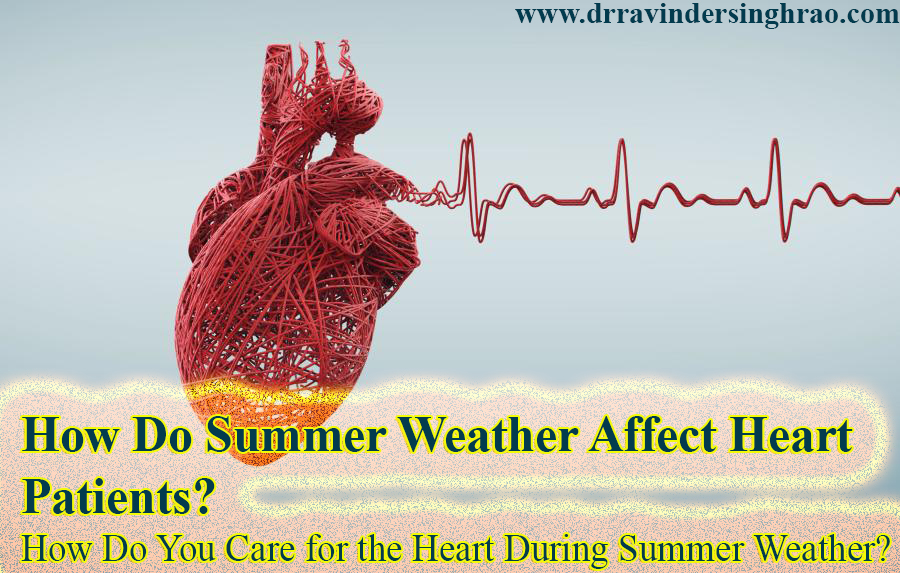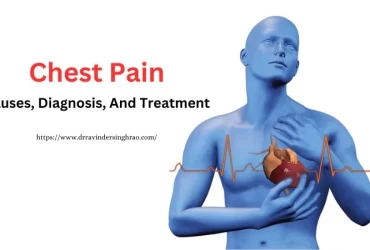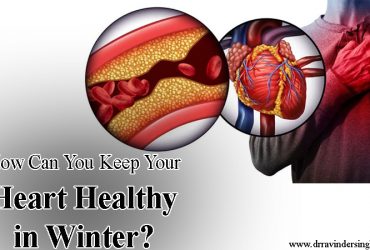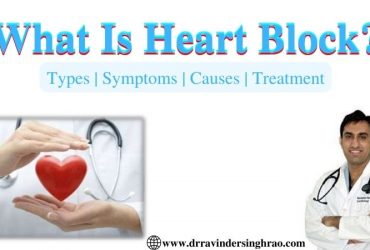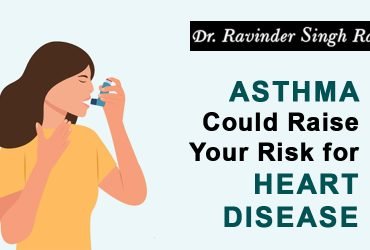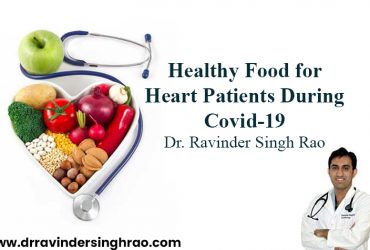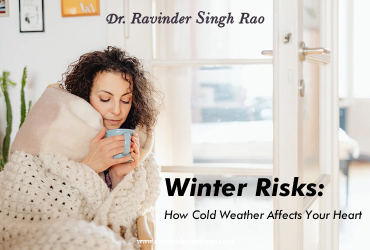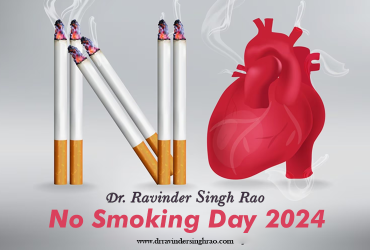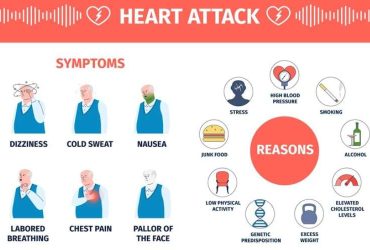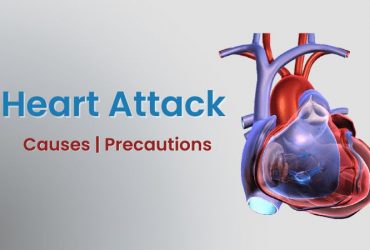How Do Summer Weather Affect Heart Patients? Cardiac disease is a broad word that refers to a variety of heart problems. Heart diseases or cardiac diseases are becoming more common by the day. Certainly, many factors contribute to it, such as increasing weight, high cholesterol, hypertension, smoking, environmental fluctuations like heat stroke, etc. Consult to know more about How Do Summer Weather Affect Heart Patients.
Dr. Ravinder Singh Rao is a chief Interventional Cardiologist, Head of the Complex Angioplasty and TAVI program, and structural heart disease expert in India. He has treated many heart ailments and saved people from chronic heart malfunctioning conditions. He is specialized in performing complex angioplasties that involve opening vessels with the help of stents and rotablation.
How Do You Care for the Heart During Summer Weather? Dr. Ravinder Singh Rao
Temperature rises have the ability to endanger life in every way. It has many ill effects on nature but has affected humans too. The heat wave is a typically abnormal and uncomfortable weather condition that is associated with life threats and injury, especially for people with heart conditions/heart diseases.
People taking medications for heart diseases are more inclined to heart damage and more at risk of failure conditions as the body is unable to bring back normal body functions without getting proper help from the pumping organ.
People with underlying heart issues are more likely to experience a heart attack or heart strokes; if not, take adequate measures during extreme periods of heat in summers. Seasonal changes are subjectively debatable, yet they have a variety of effects on your body’s processes.
Some say extreme winter conditions have a noticeable impact on heart conditions, and others say it’s the opposite. But, the classical example of this is the 1995 Chicago heat wave when over 739 people reportedly died over a period of five days. Investigated deaths showed that 39% of people had prior heart conditions, said heart experts.
How does heat affect functioning of heart?
A healthy person adjusts and acclimatizes mostly to temperature changes. In hot weather, the human body begins to produce perspiration, which is a natural way for the body to cool down. Usually, the body’s core is not affected by these fluctuations, but only the skin faces such changes in response to the environment.
Extreme warmth triggers a set of autonomic responses, which include the production of sweat and vasodilation. For producing sweating, the heart has to pump more blood for thermoregulation.
If a person is suffering from heart conditions already, this extra pumping can create stress on the heart. Although it is not likely that only a person with heart conditions will suffer from anxiety, a healthy person also might suffer such stressful situations which they might not even notice any other day.
According to the best cardiologist, sweating disturbs the fluid balance in the body. If it is not controlled, it can lead to heatstroke, which adversely affects heart patients.
Precautions for heart patients in summers:
According to Heart Valve expert, there are many measures that people with cardiac diseases must follow during periods of extreme heat.
- Prevent yourself from dehydration:- Keep your body hydrated at all times. Along with water loss, dehydration causes electrolyte loss. When the body lacks enough fluids, the heart is put under extra strain.
- Avoid alcohol:- Alcohol is a diuretic. It can cause the removal of body fluids from the body leading to water loss, hence dehydration.
- Medications:- Don’t stop taking your routine medicines during hot weather.
- Heat tolerance:- Acclimatize yourself to heat and make your body adjust to high heat by regularly revealing yourself to heat for some time day by day.
Quick ways to protect your heart:
- Increasing the intake of water helps to maintain the fluid balance of your body and prevents beating the heat.
- Exercise daily. Physical workout routines like fast walking help to restore heart activities to normal by pumping more blood.
- Avoid intake of caffeine as well as alcohol. Both the drinks increase dehydration and disturb the fluid balance of the human body.
- Stay inside during peak heat hours to avoid excessive sweating, which might stress the functioning of the heart.
- Wear breathable cotton clothes as they absorb sweat from the skin.
Even after taking all the necessary precautions, if you still experience symptoms like nausea, headaches, muscle cramps, or fatigue, consult the heart expert, Dr. Ravinder Singh Rao- TAVI/ TAVR expert, as soon as possible for immediate and further assistance. Book Your Appointment or call +91-78917915861.

